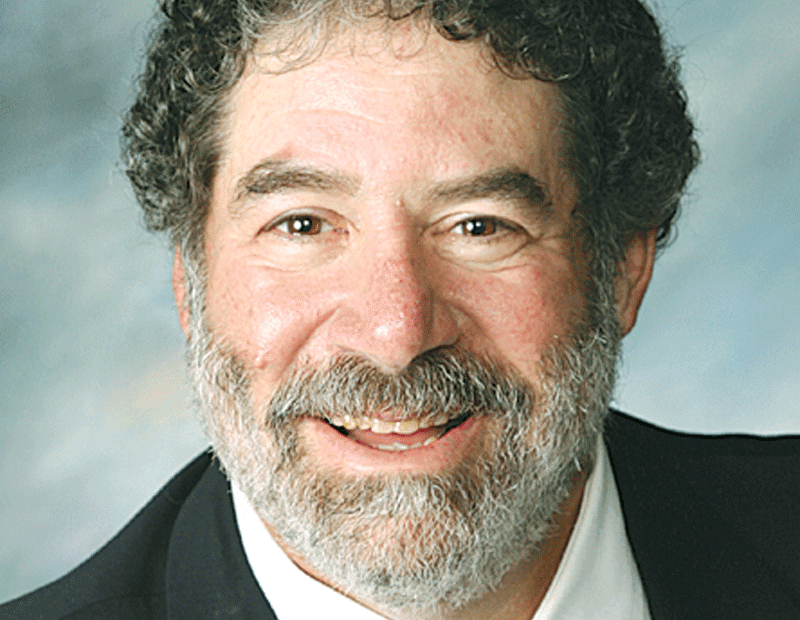
IRS Form 1099 Explained
Know the Requirements in Order to Remain in Compliance
Many of us, at one time or another, have seen an IRS form titled 1099. Most of us are familiar with the more common versions of that form, including:• Form 1099-INT, which is used to report interest paid to someone in excess of $10 per year;
• Form 1099-DIV, which is used to record dividends and/or capital-gains distributions paid to someone in excess of $10 per year;
• Form 1099-B, which is used to report the proceeds from the sale of capital assets other than real estate; and
• Form 1099-S, which is used to report the proceeds from the sale of real estate, typically other than one’s principal residence (provided the appropriate information was provided to your lawyer or other representative at the time of sale).
In each of these instances, the purpose of a Form 1099 — whatever its specific designation — is to provide information to the Internal Revenue Service so it can cross-check the same to make sure that the recipient is properly reporting the payment and/or income.
Another type of Form 1099 is the Form 1099-MISC. As you might have already guessed, this designation is intended to cover most other miscellaneous payments for which a specifically identified Form 1099 does not exist. The threshold for being required to file such a form is when payments have been made to a qualifying recipient during any calendar year (or tax year, in the case of an entity reporting information on a fiscal-year basis), in an amount totaling at least $600.
So, who is required to submit such forms to the IRS and to the payee? Anyone or any entity engaged in a trade or business, who made such payments in the course of that enterprise, is required to use 1099-MISC. But, you may wonder, what constitutes a trade or business? The instructions for this form state that you are generally considered to be engaged in a trade or business “if you operate for gain or profit.”
However, as with most IRS guidelines, the answer has exceptions. For example, those parties responsible for filing this version of Form 1099 include nonprofit organizations as well as federal, state, and local governments. Interestingly enough, through Dec. 31, 2010, the definition did not include landlords or rental-property owners. However, effective with payments beginning Jan. 1, 2011, landlords are required to join in the fun and issue Form 1099-MISC for all payments for services and/or materials reaching the $600 filing threshold.
The next logical question is, to whom or to which organizations are these forms issued? Historically, and through Dec. 31, 2010, these forms were to be issued to any individual and/or non-corporation receiving $600 or more during the year. Most corporations were excluded. However, payments were still required to be reported on the form if paid to pass-through entities, including LLCs that were not being taxed at the entity level, as well as payments made for professional fees (including doctors, lawyers, etc.), whether the professional entity was incorporated or not. However, these rules were changed for payments made after Dec. 31, 2010, such that corporations are no longer exempted from receiving these forms.
As you might expect, there are penalties for non-compliance, and not having the information necessary to complete the form is not always considered to be a valid excuse. There are also filing deadlines, other forms necessary to accompany copies of the Form 1099 to be filed with the IRS, and additional form-specific details relating to the filing requirements.
Suffice it to say, if you are subject to the filing requirements for these forms or think you might be, it is certainly better to err on the side of caution and make arrangements for their filing, or at least to check with your tax or accounting professional. Under such circumstances, it would be wise for you to take steps during the year to make sure to collect the necessary information you’ll need to file these forms from the various payees you work with. Such information would include their full and correct name, their correct tax-identification number, and their correct and current mailing address.
If necessary, there are forms available for collecting such information and receiving the payee’s certification as to the accuracy of the information.
Bruce M. Fogel is a partner with Bacon Wilson, P.C./Morse & Sacks in Northampton. He is a member of the firm’s estate-planning, elder, real-estate, and business departments. He has extensive experience in matters relating to income, gift, and estate taxes, and he focuses on the tax implications of all legal transactions. He can also be heard on the radio show Taxes and Assets; (413) 584-1287; [email protected]






